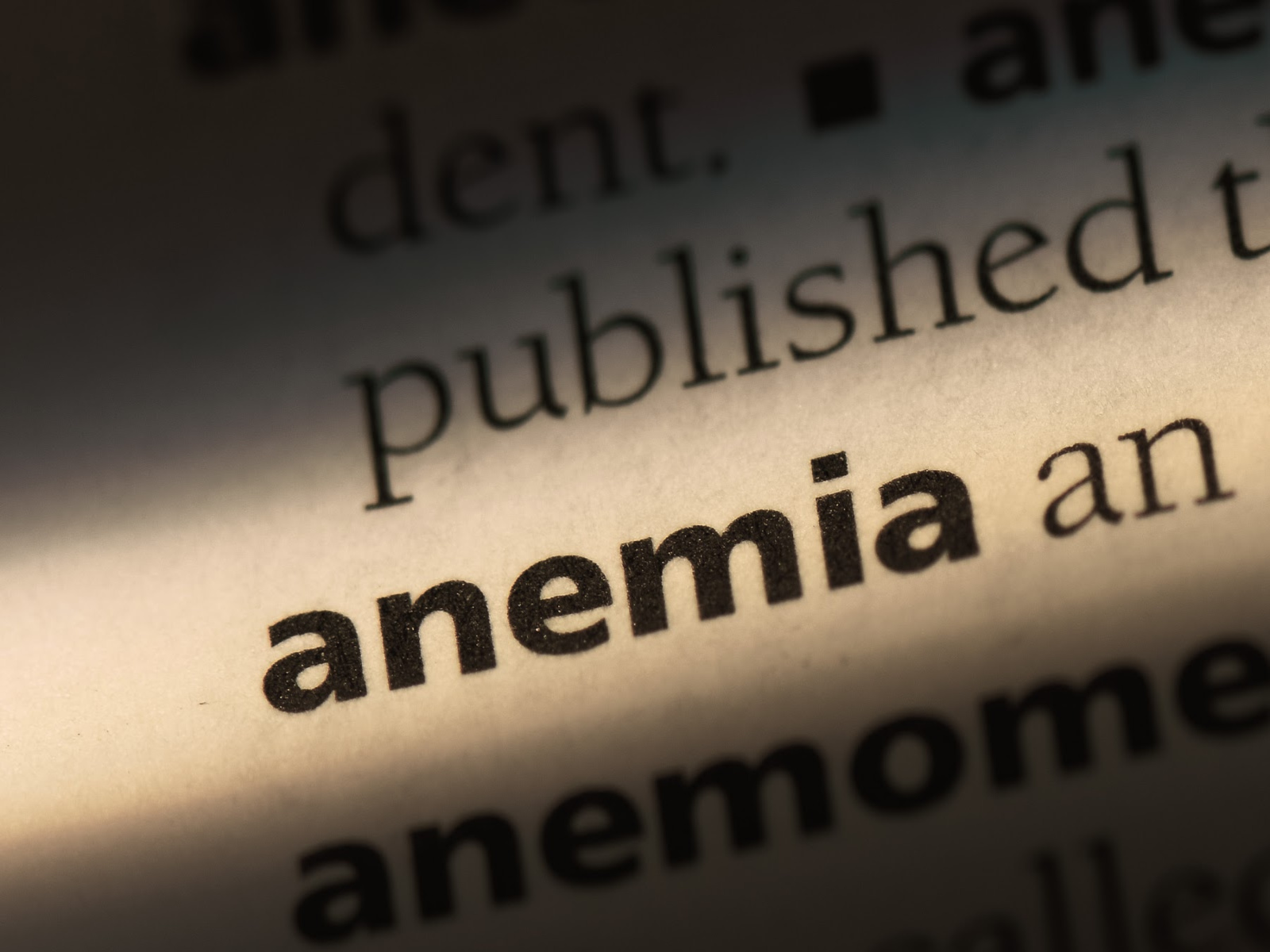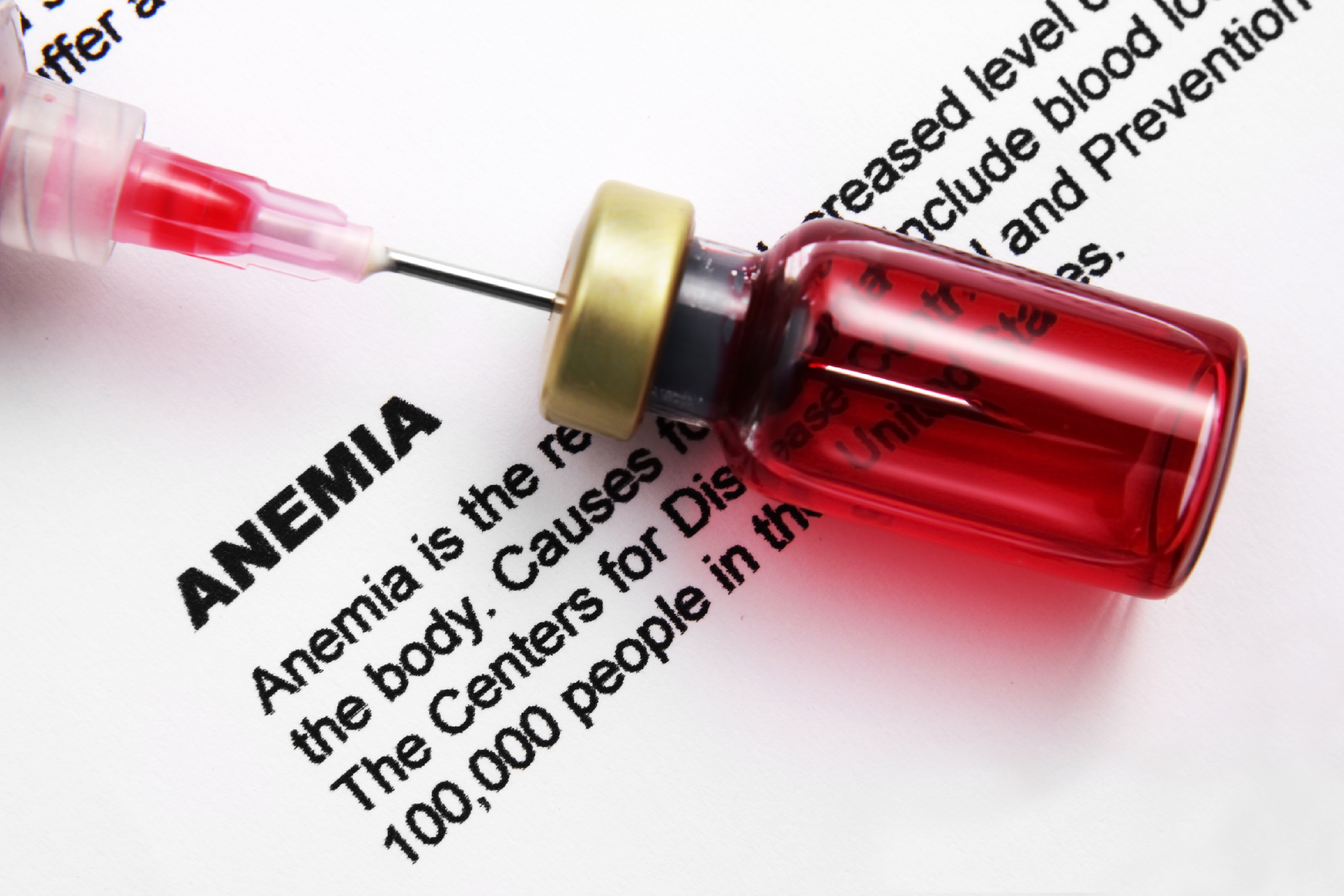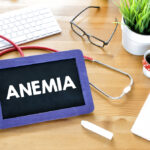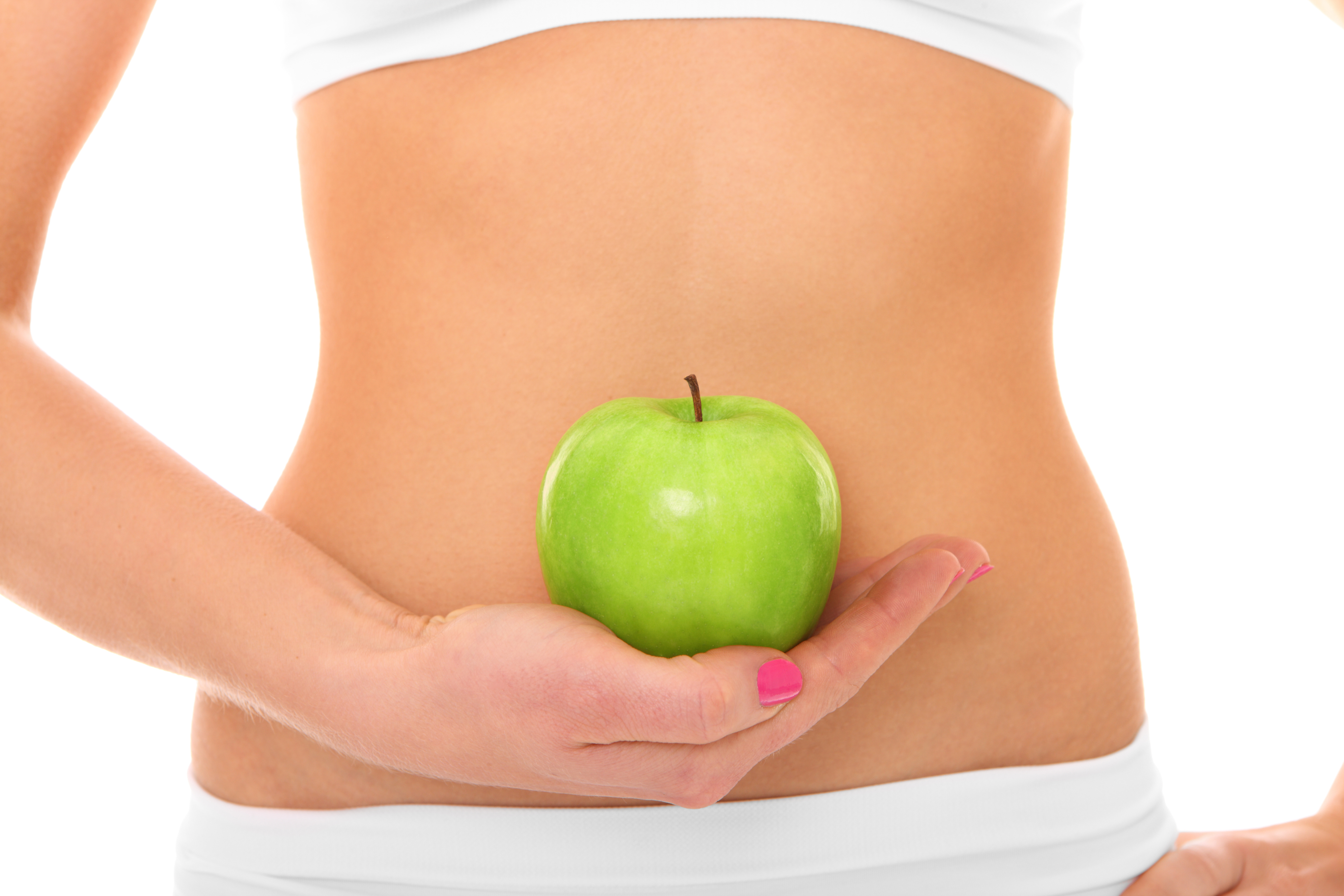Our Blog
Can I Reverse My Anemia?

You’ve been feeling tired and weak and finally have an answer; you are anemic. Most doctors would recommend iron supplements, but you are experiencing uncomfortable side effects, so you want to know what else you can do to reverse your anemia. You can reverse your anemia with changes to your diet, and Dr. Mashner of the Gut Authority can help.
What are the Symptoms of Anemia?
There are several symptoms associated with anemia. You may not notice them initially, but symptoms will worsen as you become more iron deficient. These symptoms include:
- Extreme fatigue
- Weakness
- Pale skin
- Chest pain, rapid heartbeat, or shortness of breath
- Headache, dizziness, or lightheadedness
- Cold hands and feet
- Inflamed or sore tongue
- Brittle nails
- Cravings for odd things such as ice, dirt, or starch
- Poor appetite
What Causes Anemia?
Anemia, or low hemoglobin, occurs when your body does not have enough red blood cells to carry oxygen to your tissues. There are different types of anemia that each have their own cause, but the most common is iron-deficiency anemia. Without sufficient iron, your red blood cells are unable to produce hemoglobin. The main causes of anemia include:
Blood Loss
Our blood contains iron within its red blood cells. When you lose blood, you lose iron. Females who have heavy periods are often iron deficient because of the blood they lose during menstruation. Chronic blood loss within the body due to a peptic ulcer, hiatal hernia, colon polyp, or colorectal cancer can also result in iron deficiency anemia.
Pregnancy
Many pregnant women experience iron deficiency due to an increase in blood volume during pregnancy. The mother’s blood is also a source of hemoglobin for her developing baby. Iron supplementation is often beneficial for pregnant women.
Your Body is Unable to Absorb Iron
When the iron you consume enters the small intestine, it is absorbed into your bloodstream. If you have any type of intestinal disorder, it may affect your body’s ability to properly absorb the nutrients it needs.
Lack of Iron in Your Diet
The food you consume provides your body with the iron it needs to function properly.
When you don’t eat enough foods that are rich in iron, you can become anemic.
What Foods Help With Anemia?
When you have iron-deficiency anemia, you should eat more foods that contain iron, such as:
- Meat
- Eggs
- Spinach
- Kale
- Collard greens
- Dandelion greens
- Swiss chard
- Fish
- Fortified foods: cereal, pasta, rice
- Beans
- Nuts and seeds
Foods that contain vitamin C help your stomach absorb iron better. Some leafy greens are good iron and vitamin C sources, such as collard greens and swiss chard. Eating foods like strawberries, oranges, and red peppers, along with foods that contain iron, will increase iron absorption.
What Foods to Avoid to Help Iron Absorption?
There are also foods that you should avoid when eating iron-rich foods as they block your body’s ability to absorb iron. Foods that inhibit iron absorption include:
- Coffee
- Tea
- Foods high in oxalates: soy, potatoes, beets
- Foods high in calcium like milk and yogurt
Contact Us for Help Reversing your Anemia
Contact the Gut Authority today if you live in Gulf Shores or the surrounding area and want to reverse your anemia. Dr. Mashner’s holistic approach to improving your health is based on a partnership with open communication and trust. He is a chiropractic physician with over 25 years of experience in private practice and has advanced nutrition training in cellular healing. Working together, Dr. Mashner provides his patients with guidance to achieve greater personal responsibility for their health care and become less dependent on doctors to maintain their health.




